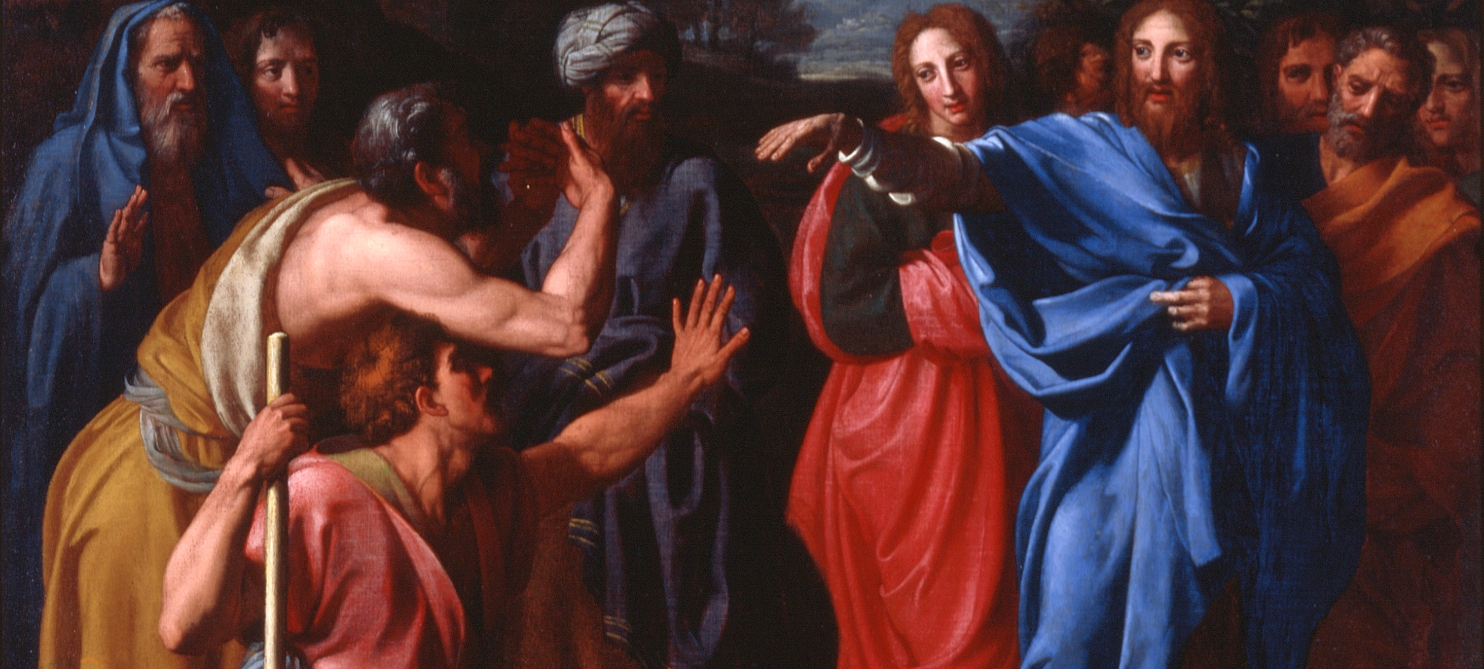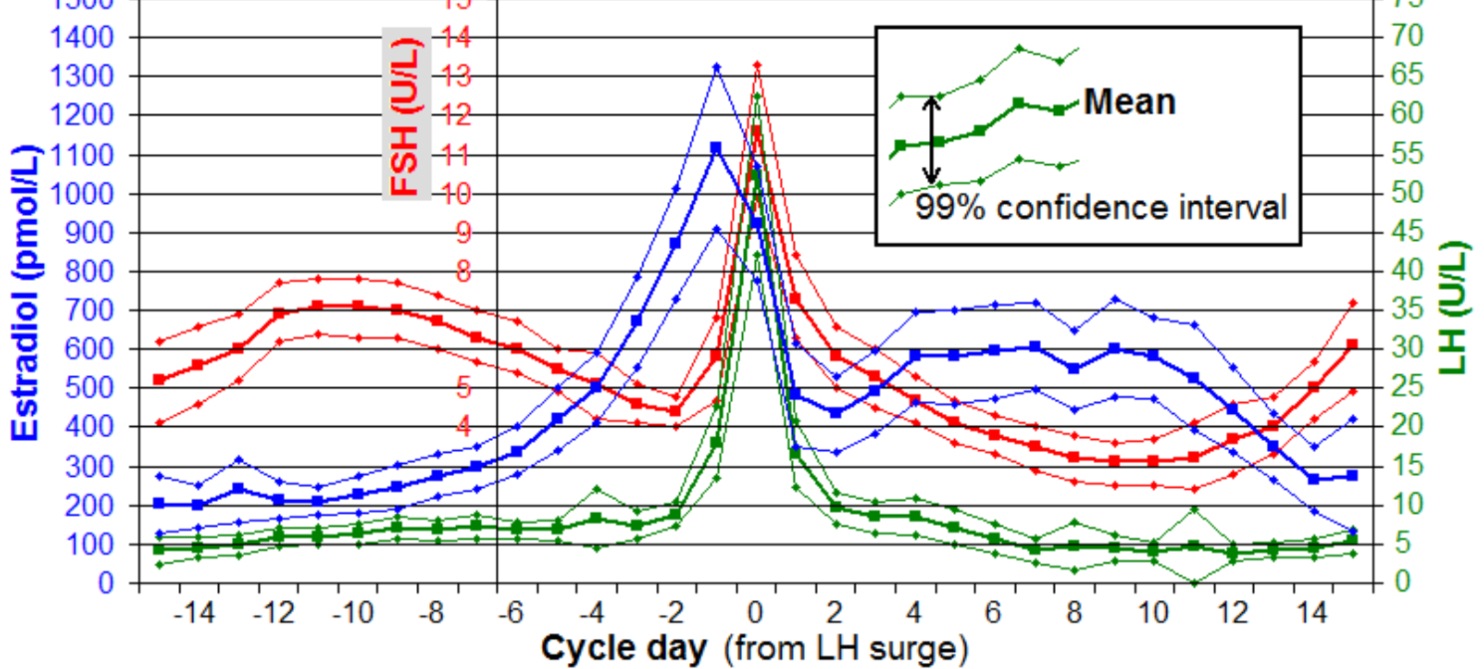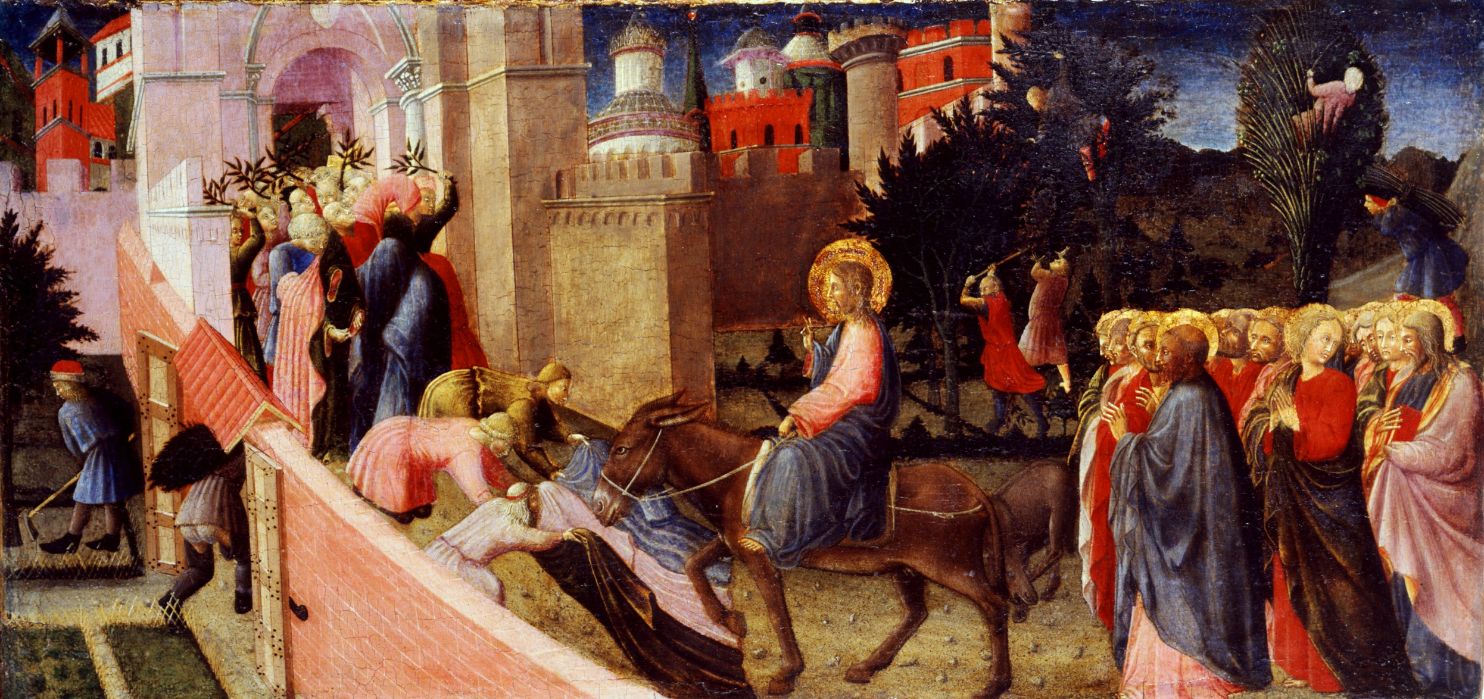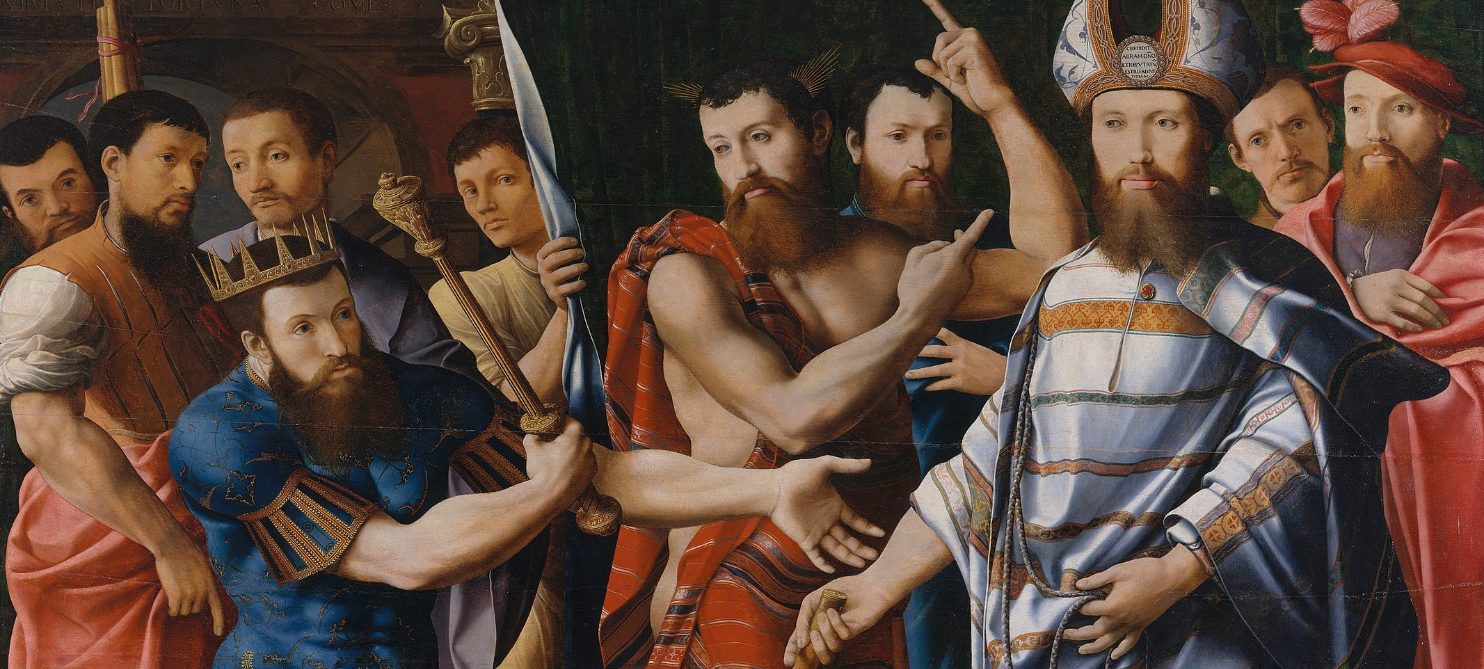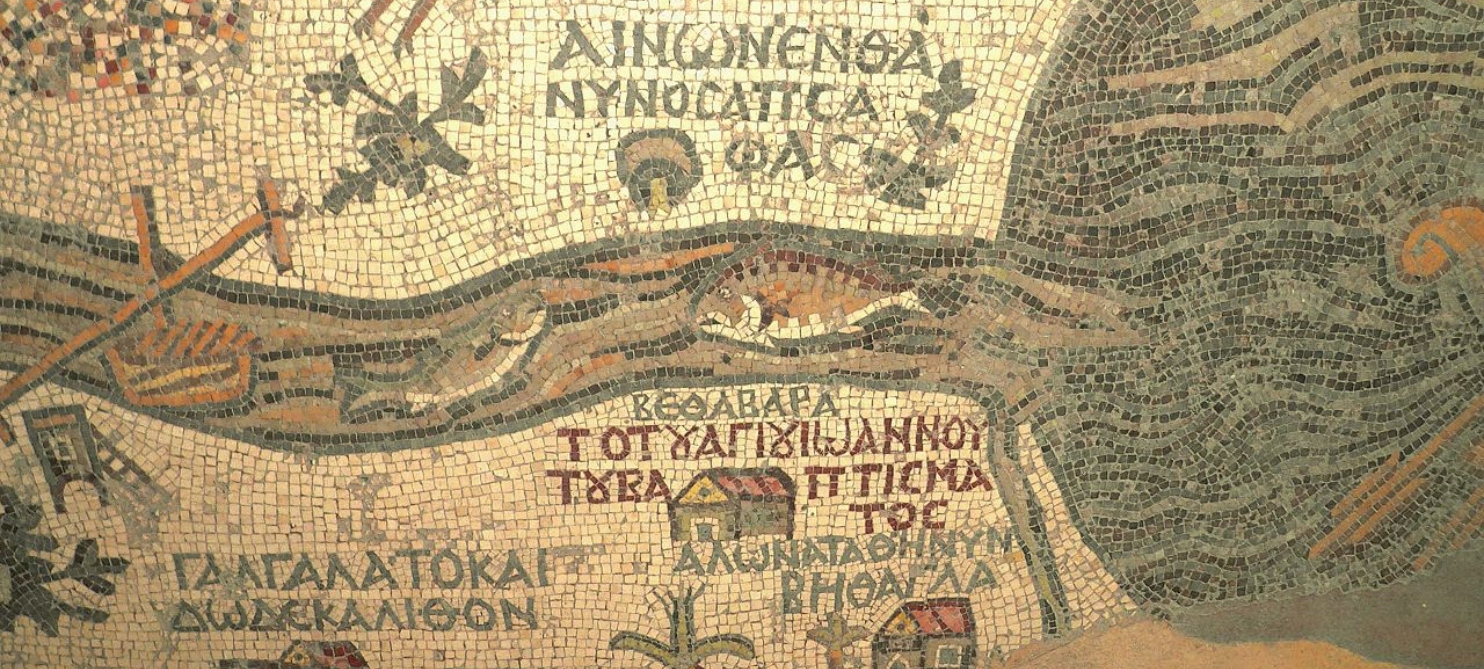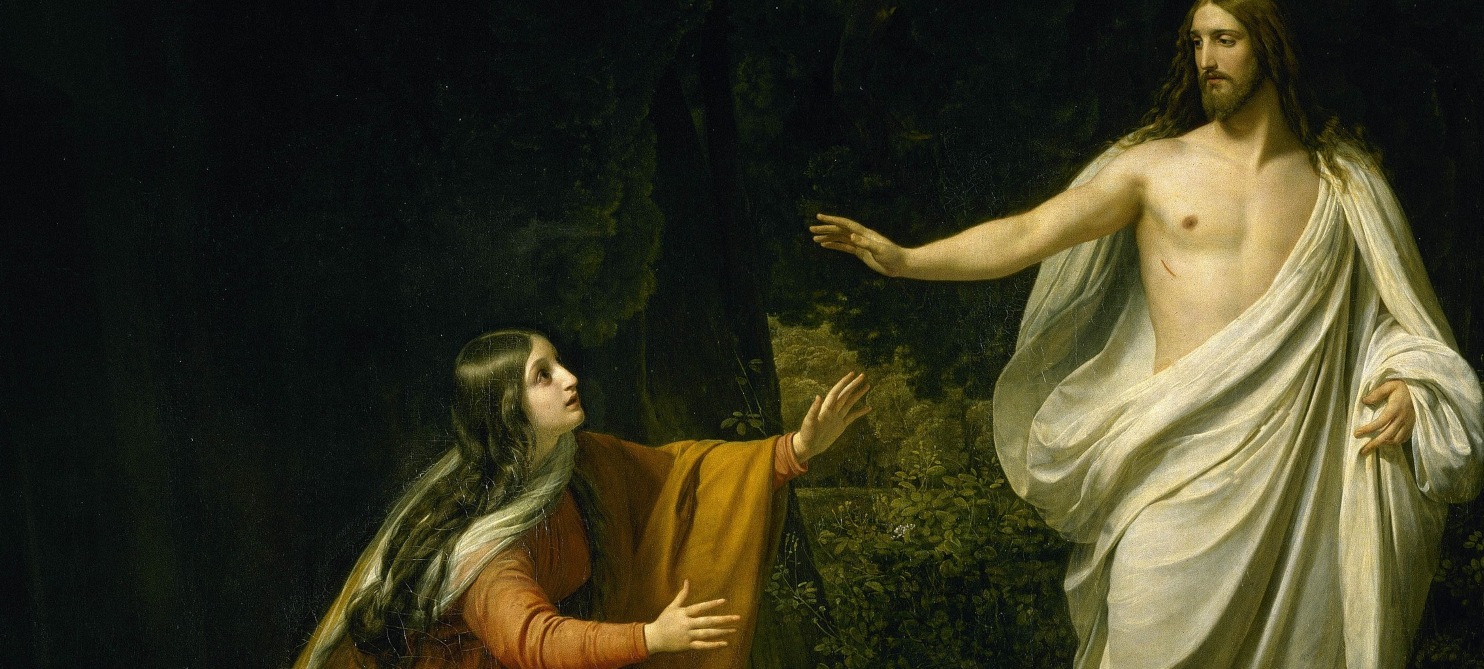As human beings, all knowledge is received through our senses. These may be our external senses (sight, hearing, smell, taste, and touch) or internal senses (imagination, memory, estimative power, or common sense, which “coordinates” the information).[i] We “know” that something is soft because we receive it through our sense of touch and possibly our sense of sight, that is, it “looks” soft. Therefore, our senses are extremely important, but they can become dull or insensitive by becoming “too full” or overstimulated. For example, when you look at a very bright light, your sense of sight is overwhelmed and you cannot see anything for a few moments—it needs time to recover.
In a similar way, we live in a time when information, including sound and images, come at high speed, and it can overwhelm our capacity to take it all in. Many of us do not realize the effect that this has on our ability to not only receive, but also think about what we are receiving. What might this experience be? For some, the ability to enjoy something beautiful is greatly reduced because of an inability to focus the mind on the object and then appreciate the delicacy or the subtleness of what is being contemplated.
Our ability to take in and savor has everything to do with how we make sense of the world around us and how we may delight in it and even find joy. In the following excerpt from the book Only the Lover Sings by Joseph Pieper, we can glimpse the necessity to turn down the noise. This “noise” may come in the form of images, preoccupations, superficial relationships…basically, all the things that can distract us from authentic communication with one another and with God.
Advent is an incredible opportunity to allow ourselves to be taken into the quiet contemplation of the mysteries of Christ. If we allow ourselves to be quiet before Him, we can contemplate His coming in his humanity in the Incarnation and our own relationship to Him through His saving work in own lives.
We read from Josef Pieper:
Man’s ability to see is in decline. Those who nowadays concern themselves with culture and education will experience this fact again and again. We do not mean here, of course, the physiological sensitivity of the human eye. We mean the spiritual capacity to perceive the visible reality as it truly is.
To be sure, no human being has ever really seen everything that lies visibly in front of his eyes. The world, including its tangible side, is unfathomable. Who would ever have perfectly perceived the countless shapes and shades of just one wave swelling and ebbing in the ocean! And yet, there are degrees of perception. Going below a certain bottom line quite obviously will endanger the integrity of man as a spiritual being. It seems that nowadays we have arrived at this bottom line.
Searching for the reasons, we could point to various things: modern man’s restlessness and stress, quite sufficiently denounced by now, or his total absorption and enslavement by practical goals and purposes. Yet one reason must not be overlooked either: the average person of our time loses the ability to see because there is too much to see!
There does exist something like ‘visual noise’, which just like the acoustical counterpart, makes clear perception impossible. One might perhaps presume that TV watchers, tabloid readers and moviegoers exercise and sharpen their eyes. But the opposite is true. The ancient sages knew exactly why they called the ‘concupiscence of the eyes’ a ‘destroyer’. The restoration of man’s inner eyes can hardly be expected in this day and age—unless, first of all, one were willing and determined simply to exclude from one’s realm of life all those inane and contrived but titillating illusions incessantly generated by the entertainment industry.
The capacity to perceive the visible world ‘with our own eyes’ is indeed an essential constituent of human nature. We are talking here about man’s essential inner richness—or, should the threat prevail, man’s most abject inner poverty. And why so? To see things is the first step toward that primordial and basic mental grasping of reality, which constitutes the essence of man as a spiritual being.
I am well aware that there are realities we can come to know through ‘hearing’ alone. All the same, it remains a fact that only through seeing, indeed through seeing with our own eyes, is our inner autonomy established. Those no longer able to see reality with their own eyes are equally unable to hear correctly. It is specifically the man thus impoverished who inevitably falls prey to the demagogical spells of any powers that be.[ii]
As human beings, we have been gifted with intellect and will and the capacity to take in and make sense of our world. Thus, we are capable of finding meaning in our lives. The world can be seen and understood if we can be quiet enough to receive and contemplate the beauty of the world around us. Let us take this opportunity in Advent to turn down the noise, including visual noise, and allow our capacity for receptivity to grow, that we may truly see and understand.
[i] Mandia, Jose Mario O. “BITE-SIZE PHILOSOPHY (43) – What Are Internal Senses?” O Clarim. Macau Catholic Weekly, December 8, 2017. https://www.oclarim.com.mo/en/2017/12/07/bite-size-philosophy-43-what-are-internal-senses/.
[ii] Josef Pieper and Lothar Krauth, “Learning How to See Again,” in Only the Lover Sings: Art and Contemplation (San Francisco, CA: Ignatius Press, 1990).



